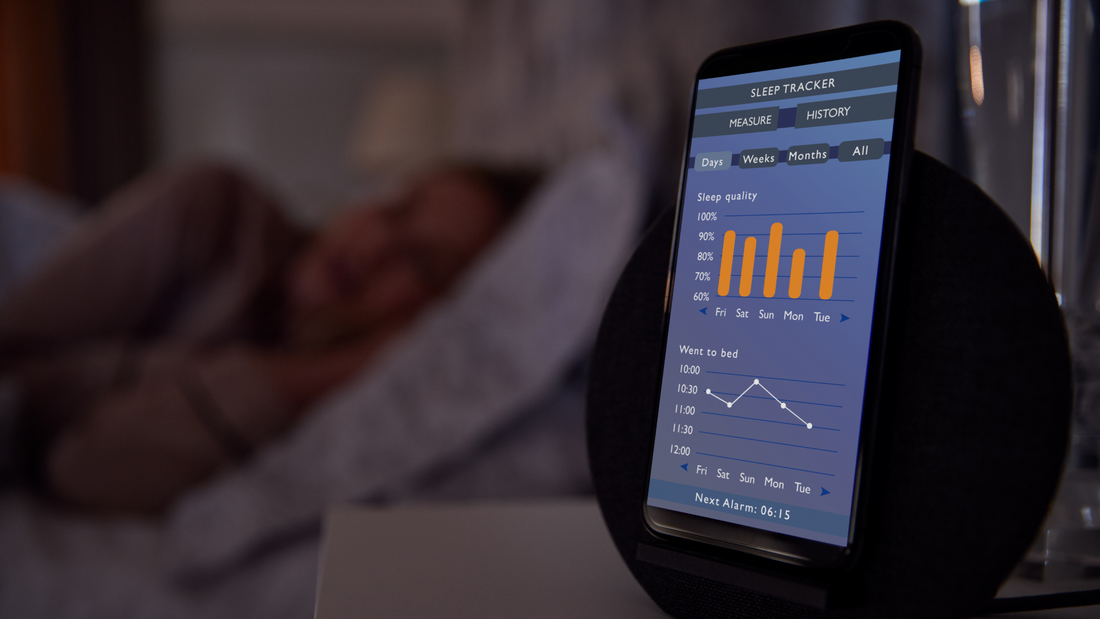Sleep is the ultimate luxury, but it's also one of the hardest things to achieve. There are many factors that can interfere with a good night's sleep—from your mattress to an overly full schedule. Fortunately, there are ways you can use technology to help you fall asleep faster and stay asleep longer. Take a look at these three ways technology can help you achieve the best rest possible:
Sleep trackers
Sleep trackers are a great way to get a better sense of your sleep patterns and see how different factors affect them. If you're interested in getting one, there are tons of options out there--but make sure that the tracker has all the features that you'd want it to have before buying one! For example:
- Do they track heart rate? This is important because elevated heart rates during sleep can indicate anxiety or stress. You'll want an accurate reading so that if this is an issue for you, it's clear that something needs changing.
- How many nights do they record? Some sleep trackers only record one night at a time (which isn't very helpful), while others log up to several weeks' worth of data on their own internal storage--and some even connect with smartphones so that data can be collected automatically every morning when users wake up. The more nights recorded per session and stored on-device means less work from users who don't want their phones nearby while trying desperately not fall back asleep after waking up early!
Sleep lighting technology
In addition to keeping your room cool, dark and quiet, there's another thing you can do to help yourself fall asleep faster: use sleep lighting technology. Sleep lighting is a growing trend in the world of sleep science that uses specific colors and patterns of light to stimulate melatonin production in your body--a hormone responsible for regulating your circadian rhythm (or "biological clock"). This means that if you're experiencing trouble falling asleep at night, using the right kind of light may be just what you need!
The right kind? Well...it depends on whether you have an iPhone or Android device. If so, then I recommend downloading flux free from either app store now--it'll automatically adjust the brightness level on whatever device(s) it's installed onto based on time of day as well as location so that users won't suffer from eye strain when viewing their screens late at night (or early in the morning). And if not? Well then maybe consider investing in some new bulbs with built-in dimmers; these will allow users more control over how bright their rooms get at different times throughout each day without having any negative effects on moods/energy levels whatsoever.
Technology can help you sleep better.
A sleep tracker is a device that measures your sleep patterns and gives you feedback on how well you're sleeping. The most common type of sleep tracker is the wearable band, which can be worn on your wrist or neck like a watch. These bands use accelerometers to detect movement in order to tell when you are in different stages of sleep (light, deep and REM).
Other types of technology that work similarly include smart mattresses with built-in sensors that monitor heart rate, breathing and body temperature. The information from this data helps determine whether someone has been sleeping soundly enough for their body needs. Sleep experts say that many people do not get enough deep restorative sleep due to stressors such as anxiety; so, if yours isn't working right now then perhaps it's time for some new technology!
Conclusion
The technology we use to track our sleep is constantly improving, and there are now many different products available for you to try. As we move into the future, it's likely that these devices will become even more accurate at measuring your sleep patterns and giving advice on how best to improve them.

